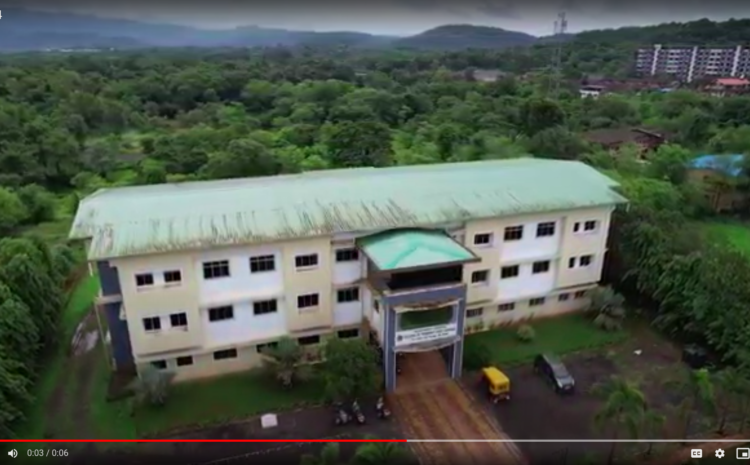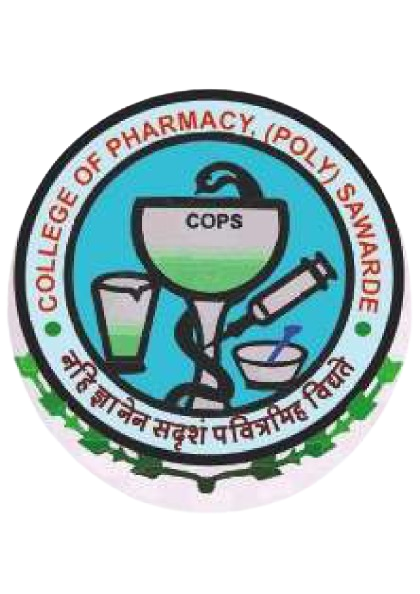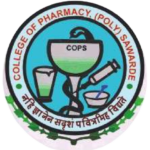
Objective: To raise awareness about food adulteration, educate the community on its risks, and empower individuals to make informed choices for a healthier lifestyle.
Event Components:
- Inaugural Session:
- Welcome address by the organizers.
- Introduction to the significance of the awareness program.
- Brief overview of the agenda for the day.
- Expert Talk on Food Adulteration:
- Invite a food safety expert or a nutritionist to provide insights into the types of food adulteration, their impact on health, and preventive measures.
- Interactive Workshops:
- Food Testing Techniques:
- Hands-on demonstrations of simple testing methods to identify common adulterants.
- Participants can bring food samples for on-site testing.
- Label Reading and Understanding:
- Educate participants on reading food labels to identify genuine products.
- Discuss common terminologies and symbols.
- Food Testing Techniques:
- Panel Discussion:
- Invite a panel of experts, including nutritionists, food scientists, and regulatory authorities.
- Discuss challenges, current regulations, and the role of consumers in combating food adulteration.
- Documentary Screening:
- Show a documentary highlighting real-life cases of food adulteration, its consequences, and the efforts being made to address the issue.
- Awareness Campaign Materials:
- Distribute brochures, pamphlets, and posters with information on common adulterants, their health risks, and preventive measures.
- Provide a list of helplines and resources for reporting adulteration.
- Food Safety Quiz:
- Conduct an engaging quiz to test participants’ knowledge on food safety.
- Offer small prizes for participants with the highest scores.
- Cooking Demonstrations:
- Showcase cooking techniques using organic and unprocessed ingredients.
- Emphasize the importance of choosing quality foods for better health.
- Interactive Exhibits:
- Set up exhibits showcasing adulterated vs. unadulterated food items.
- Encourage participants to inspect and identify the differences.
- Social Media Campaign:
- Launch a social media campaign with a dedicated hashtag for the event.
- Encourage attendees to share their experiences, learnings, and pledges to combat food adulteration.
- Q&A Session:
- Allow participants to ask questions to the experts and seek clarification on food safety concerns.
- Closing Ceremony:
- Acknowledge participants, speakers, and volunteers.
- Conclude with a call to action, encouraging everyone to be vigilant consumers and spread awareness.
Follow-Up Actions:
- Share event highlights and resources on the college’s website and social media platforms.
- Establish a community group or forum to continue discussions on food safety.
- Consider organizing periodic workshops or webinars to keep the awareness momentum going.
Remember to adapt this plan to the specific needs and resources of your community.


